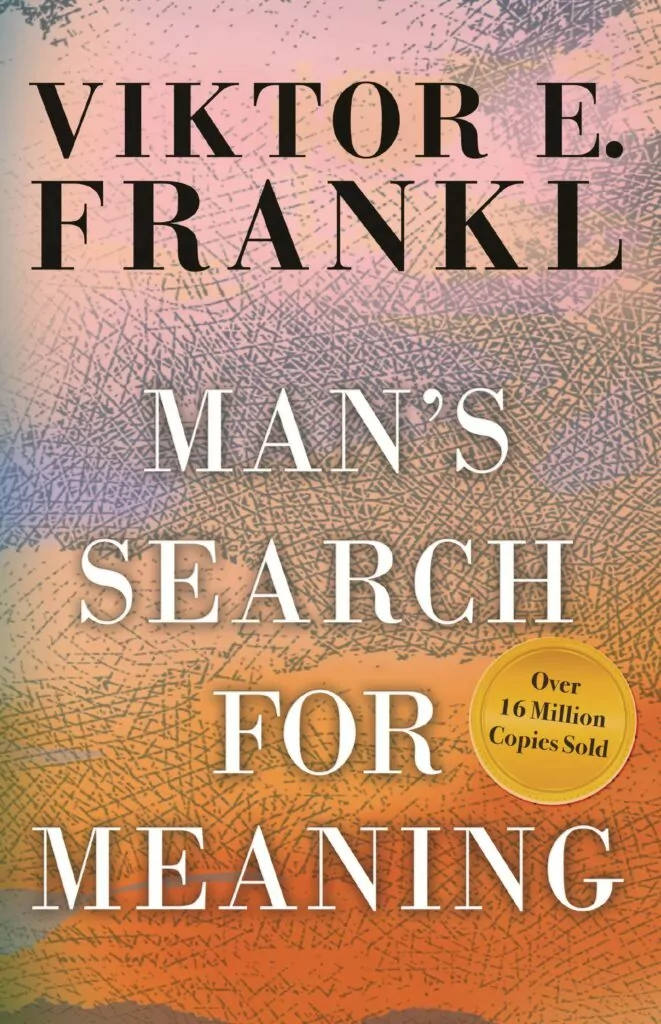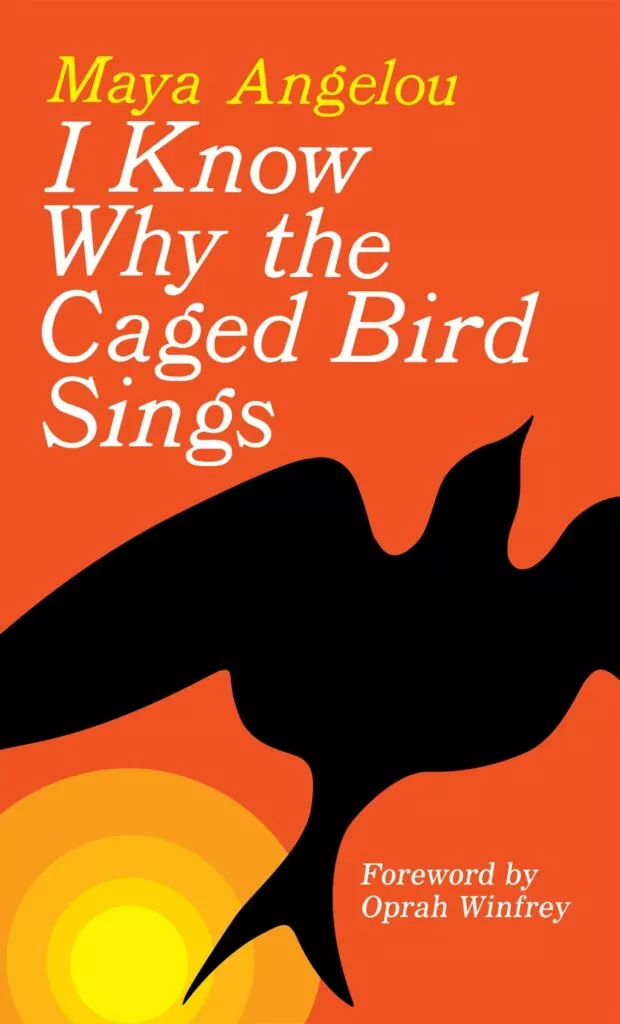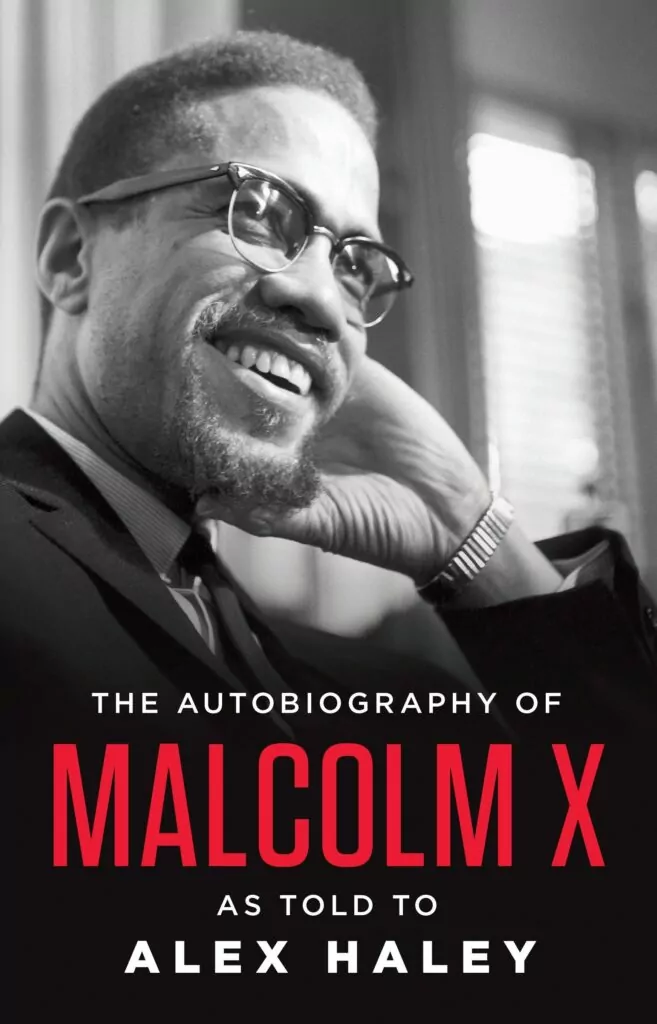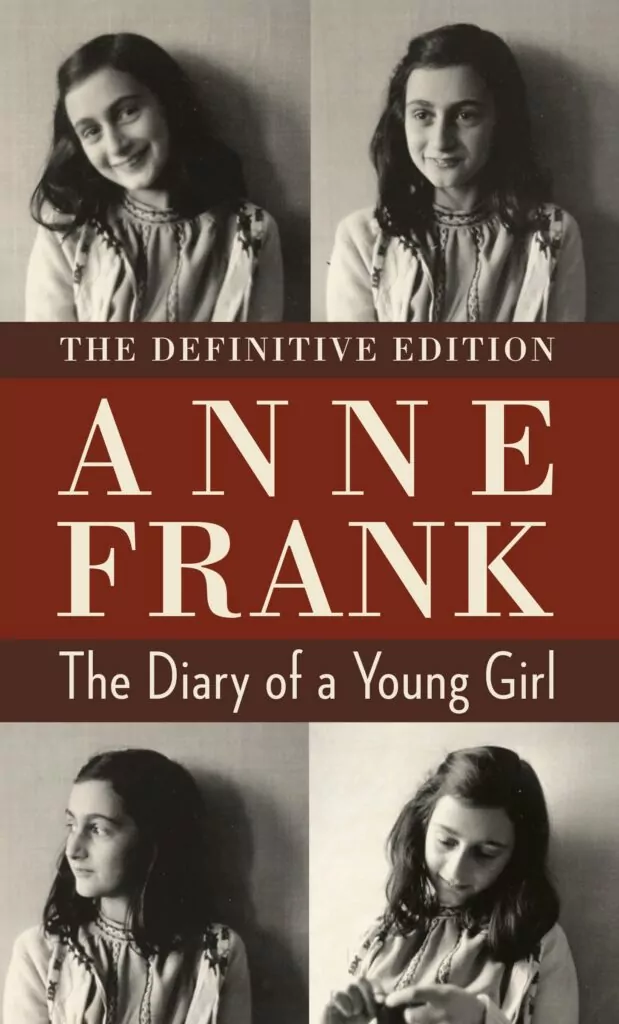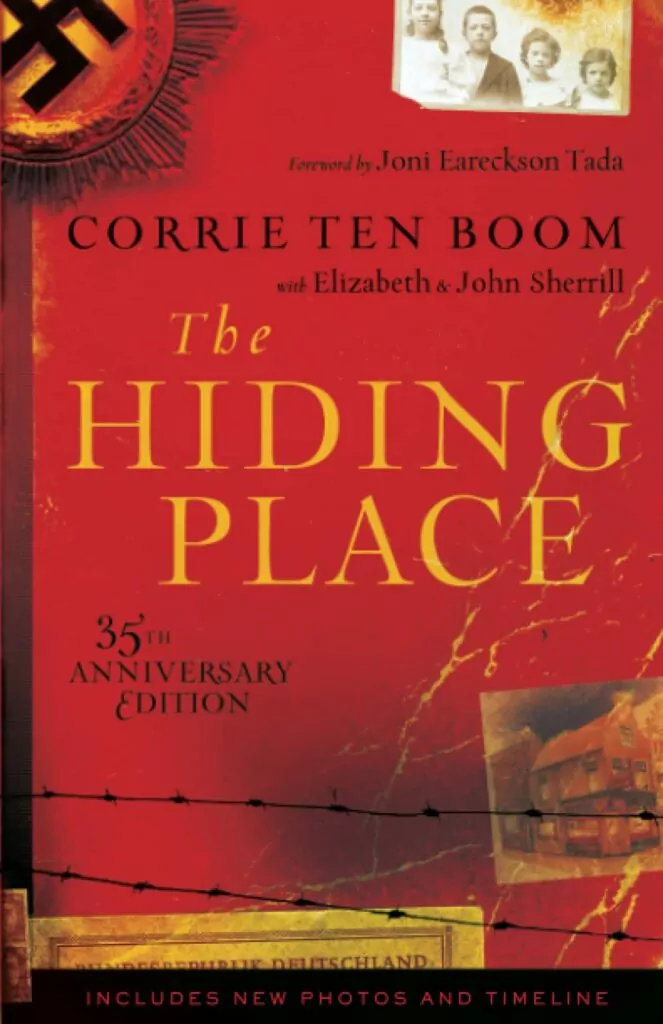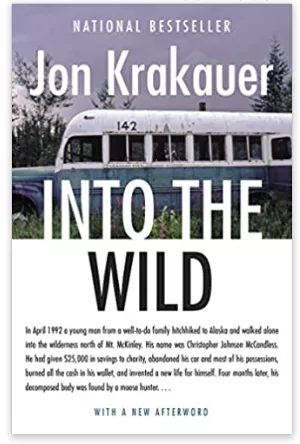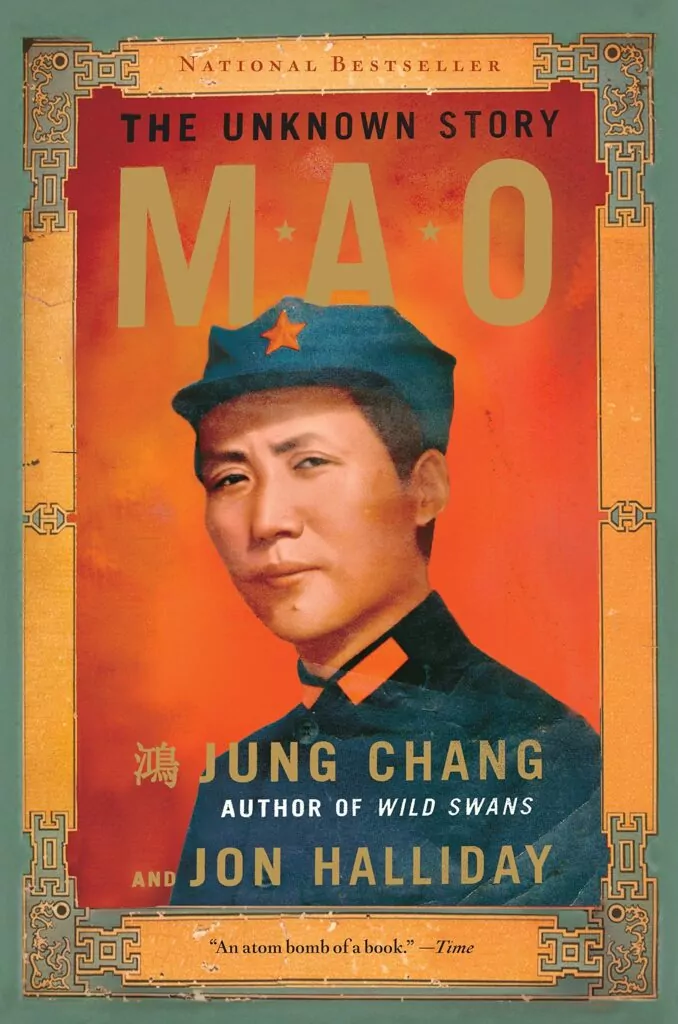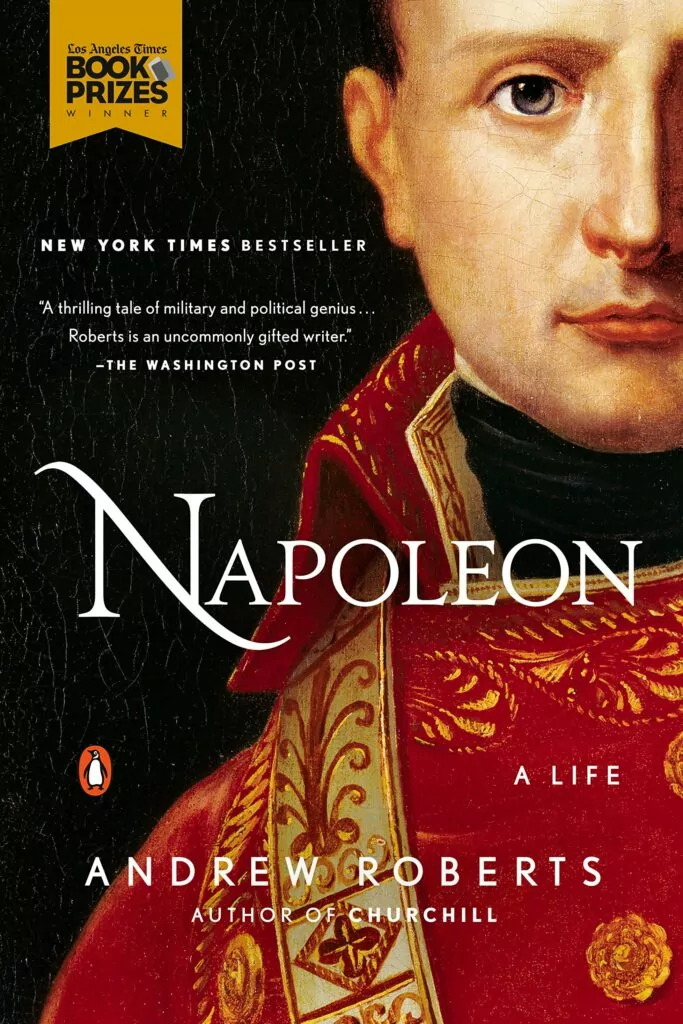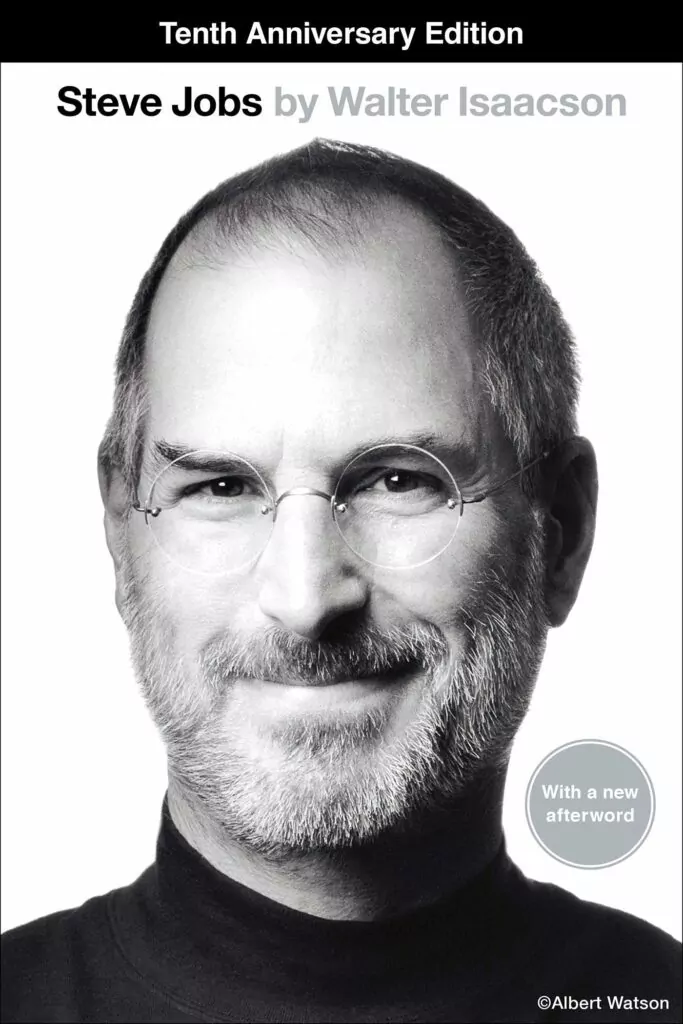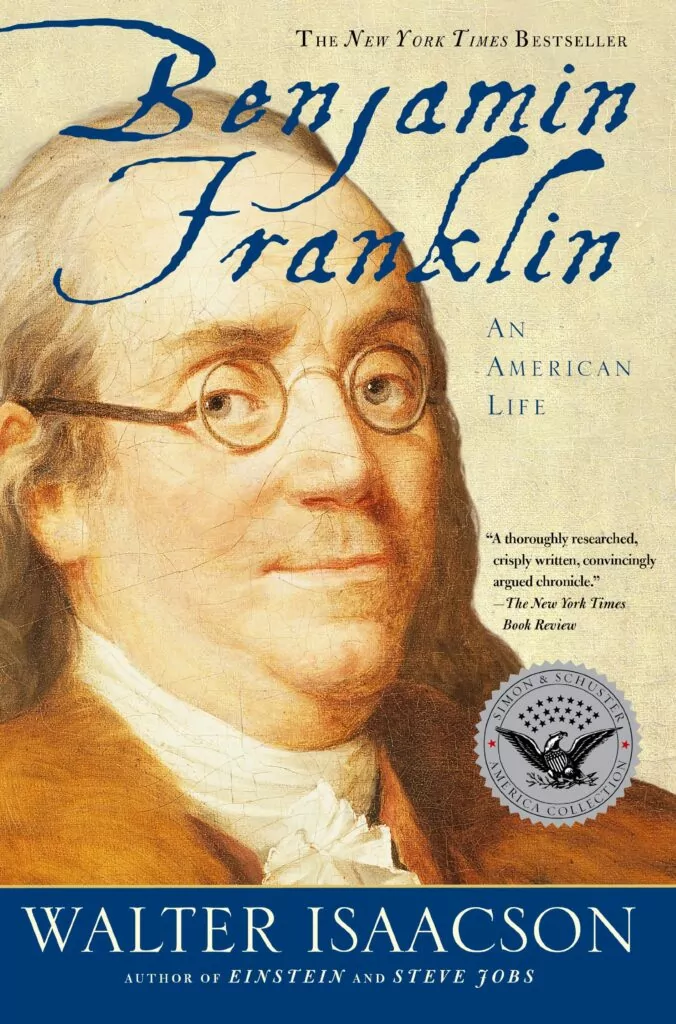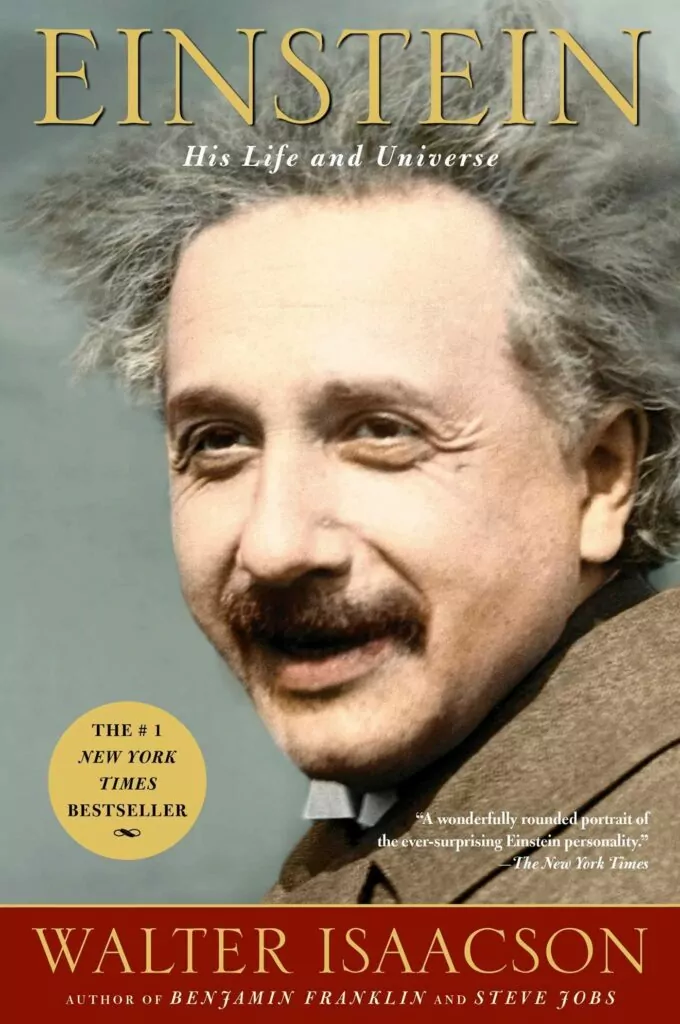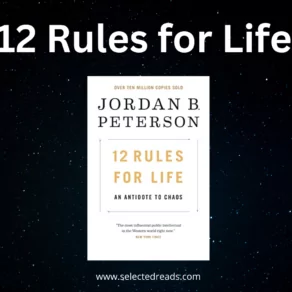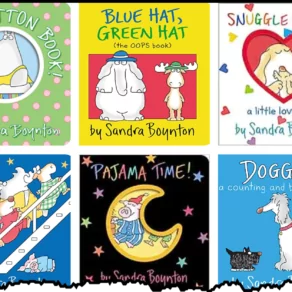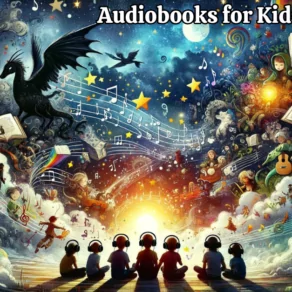A biography, as I argued in an earlier post, is a written account of a person’s life. It generally includes details about the individual’s family, upbringing, accomplishments, relationships, and other significant events that have shaped his or her life.
Check out biography vs autobiography vs memoir to learn more about the differences between these three writing genres.
Biographies offer readers the unique opportunity to explore the life and work of some of history’s greatest minds. Biographies are important source of information and knowledge, not only because they help us to understand the subject better but also because they help inspire us in our own lives.
There are countless biographies that chronicle the lives of some of the most influential figures throughout history, from political leaders and scientists to artists and entrepreneurs. In this post, I share with you 12 of the best biographies of all time.
From Steve Jobs to Albert Einstein, these books provide insight into how individuals have made an indelible mark on society and culture. Whether it’s through their passion for innovation, creativity or leadership, these 12 biographies will inspire you to reach new heights in your own life.
Table of Contents
1. Man’s Search for Meaning, by Viktor E. Frankl
In Man’s Search for Meaning, Viktor E. Frankl explores the human drive to find meaning in life in spite of the worst adversity. He argues that it is not pleasure that is the primary human drive, but rather the discovery and pursuit of what an individual finds meaningful.
The book has sold over sixteen million copies and been translated into more than fifty languages, making it one of the best biographies ever written. It is a testament to the power of resilience and determination in the face of adversity that continues to inspire generations today.
2. I Know Why the Caged Bird Sings, by Maya Angelou
Maya Angelou’s memoir I Know Why the Caged Bird Sings is a modern classic depicting both the joys and pains of childhood. It follows Maya and her brother, Bailey, as they move from their mother in St. Louis to live with their grandmother in a small Southern town.
There, they experience first-hand the discrimination of “powhitetrash” locals and the sting of abandonment, only to be compounded by a traumatic attack Maya suffers from a much older man.
Eventually, Maya moves back to St. Louis and then to San Francisco, where she is able to heal from her past through self-love and kindness from others. In addition, her growth is nurtured by literature and an unlikely romance with William Shakespeare, who becomes a guiding light for her.
In I Know Why the Caged Bird Sings, Angelou brilliantly captures the angst of growing up while conveying a powerful message of resilience and the healing power of words. It serves as both an inspiration and reminder to readers of all ages that even the darkest moments can be transformed into something beautiful. For these reasons and more, Angelou’s memoir has become a timeless treasure for millions around the world.
3. The Autobiography of Malcolm X, by Malcolm X
The Autobiography of Malcolm X, written by Malcolm X himself and originally published in 1964, is an account of his life and the growth of the Black Muslim movement. It is a powerful testament to the struggles of African Americans living under the oppressive systems of American racism.
The book exposes the painful truth that African Americans were often denied the same opportunities afforded to white Americans and that there exists a history of violence, subjugation and discrimination against African Americans.
Malcolm X’s story is an inspiring one of courage, resilience and strength; as he was able to overcome tremendous adversity in his life and become a powerful leader for the Black Muslim movement, advocating for civil rights for African Americans.
The Autobiography of Malcolm X is an invaluable resource for anyone seeking to gain insight into the challenges faced by African Americans in America and the legacy of racism that continues to this day. As such, it remains essential reading for understanding the United States today.
4. The Diary of a Young Girl, by Anne Frank
The Diary of a Young Girl, by Anne Frank, is an inspiring and tragic work that has been captivating readers since its publication in 1947. The story follows the life of Anne Frank, who is forced into hiding with her family and another family in Amsterdam during the summer of 1942, due to Nazi occupation. During this time, Anne kept a diary, which Otto H. Frank and Mirjam Pressler edited for publication in 1947.
This Definitive Edition restores substantial material omitted from the original edition, allowing readers to gain a deeper insight into the world of Anne Frank. Through her diary entries, Anne presents an emotional account of her experiences during this time—from her curiosity about her emerging sexuality to her conflicts with family members and emotional connection to Peter, a boy whose family was also in hiding.
Anne’s writings serve as an important reminder of the importance of freedom, compassion and humanity during times of oppression and darkness.
5. The Hiding Place, by Corrie Ten Boom, Elizabeth Sherrill, John Sherrill
The Hiding Place, by Corrie Ten Boom, Elizabeth Sherrill, John Sherrill is an inspirational story of faith that triumphed over persecution and evil. During World War II, Corrie ten Boom and her family put their lives in danger to help Jews and members of the underground escape from the Nazis. Despite facing some of the worst atrocities of the Holocaust, they held firm to their faith and ultimately emerged triumphant.
6. Into the Wild, by Jon Krakauer
In Into the Wild, Jon Krakauer tells the story of Christopher Johnson McCandless, a young man from a privileged background who chose to give up his possessions and hitchhike to Alaska. Once there, he abandoned his car and most of his things, burned the cash in his wallet, changed his name to Alexander Supertramp, and went into the wilderness north of Mt. McKinley. McCandless’s body was found four months later by a moose hunter, but his story and death remain a mystery.
Krakauer pieces together the facts of McCandless’s life to search for clues as to why he chose such an extreme lifestyle, while never losing sight of his subject’s humanity. Through interviews, quotes from McCandless’s own writings, and parallel stories of other adventurers, Krakauer builds a powerful portrait of a man who felt driven to get away from society even as he longed for connection with others.
His book is a thoughtful exploration of the motivations driving people to extremes in search of personal freedom. Into the Wild is a beautiful and heartbreaking look at what it means to be a human being in search of meaning, acceptance, and adventure.
7. Mao: The Unknown Story, by Jung Chang, Jon Halliday
Mao: The Unknown Story is a biography of Chinese leader Mao Zedong, written by Jung Chang and Jon Halliday. It is based on over a decade of research and interviews with many people who were close to Mao or had significant dealings with him.
This book reveals several facts about Mao including that he was driven more by power than idealism or ideology; his relationship with Stalin goes back to the 1920s; he welcomed Japanese occupation of much of China; and he schemed, poisoned and blackmailed to get his way.
The authors claim that Mao’s ultimate goal was to rule the world, resulting in over 70 million Chinese people perishing under his rule during peacetime alone. This book is an important historical document that reveals shocking facts about the man who shaped modern China. It is essential reading for anyone interested in understanding Mao Zedong and his legacy.
8. Napoleon: A Life, by Andrew Roberts
Napoleon Bonaparte was one of the most influential figures in European history, and Andrew Roberts’ Napoleon: A Life provides a comprehensive look at his life and legacy. Drawing on newly-published letters, Roberts sheds light on Napoleon’s character and motivations.
He reveals a leader who was decisive, multitasking, and surprisingly forgiving of his enemies. Roberts also examines Napoleon’s role in telling his own story, which resulted in one of the bestselling books of the 19th century – his memoirs.
The depth of Roberts’ research is evident in the magisterial, insightful writing he provides and offers readers a comprehensive look at Napoleon’s life. Napoleon: A Life is undoubtedly one of the best biographies on its subject and will be an invaluable resource for those seeking to understand this complex historical figure.
9. Steve Jobs, by Walter Isaacson
Steve Jobs was a groundbreaking innovator and entrepreneur who changed the world with his imagination, engineering feats and Apple products. He knew that technology and creativity worked together to create value in the 21st century, and he made sure that within Apple everything was an integrated system.
Despite his successes, Jobs had a difficult personality, driving those around him to despair. Walter Isaacson wrote a biography of Jobs, in which people who knew him provided an honest look at his passions, perfectionism and compulsion for control. Isaacson’s book serves as an example of how innovation, character and leadership can shape the world.
With its insight into Jobs’ character, values and leadership style, Steve Jobs by Walter Isaacson is an inspiring read about how one man changed the world with vision, ambition and passion.
10. Benjamin Franklin: An American Life, by Walter Isaacson
Benjamin Franklin: An American Life, by Walter Isaacson is a sweeping narrative that follows the incredible journey of one of the founding fathers of the United States, Benjamin Franklin. His 84-year life was full of accomplishments and achievements in various areas, making him a timeless figure for generations to come.
He wrote Poor Richard’s Almanac, wrote the Declaration of Independence, formed an alliance with France during the Revolutionary War, and helped to create the U.S. Constitution. Reading this biography will help you learn how Franklin’s actions shaped the American identity and why his legacy still resonates today. This book is perfect for those who are looking to learn more about the life of one of America’s most influential figures.
11. Einstein: His Life and Universe, by Walter Isaacson
Einstein: His Life and Universe, by Walter Isaacson, is a detailed biographical account of the life and work of one of the most famous scientists of all time – Albert Einstein. It reveals how his scientific imagination was driven by his rebellious nature and inquisitive spirit, and this inquisitive nature led him to question common beliefs and marvel at the mysteries of physics.
The book provides insight into how this humble patent clerk would go on to solve some of the greatest scientific puzzles in history, unlocking the secrets of the atom, general relativity and more.
Isaacson’s biography also demonstrates how Einstein’s success was due to his appreciation for free minds, free spirits and individuals. This appreciation is just as relevant in the modern age, where creativity and innovative thinking are key to success. Ultimately, Einstein: His Life and Universe, by Walter Isaacson provides a comprehensive insight into the life of one of the world’s greatest scientists.
12. Leonardo da Vinci, by Walter Isaacson
Leonardo da Vinci is widely considered to be the greatest creative genius in history. He famously painted the Mona Lisa and The Last Supper, but his skill and interests extended far beyond art alone.
Leonardo was a passionate polymath with an insatiable curiosity who was interested in studying anatomy, fossils, birds, the heart, flying machines, botany, geology, and weaponry. He explored the math of optics, studied light rays which strike the cornea, and produced illusions of perspective in The Last Supper.
The legacy of Leonardo da Vinci is one that celebrates creativity, innovation, and thinking outside the box. His life should serve as an inspiration to all of us to think differently and be imaginative. Through reading Walter Isaacson’s Leonardo da Vinci, we can gain insight into the life and work of this remarkable genius and learn lessons that will help us tap into our own creative potential.



